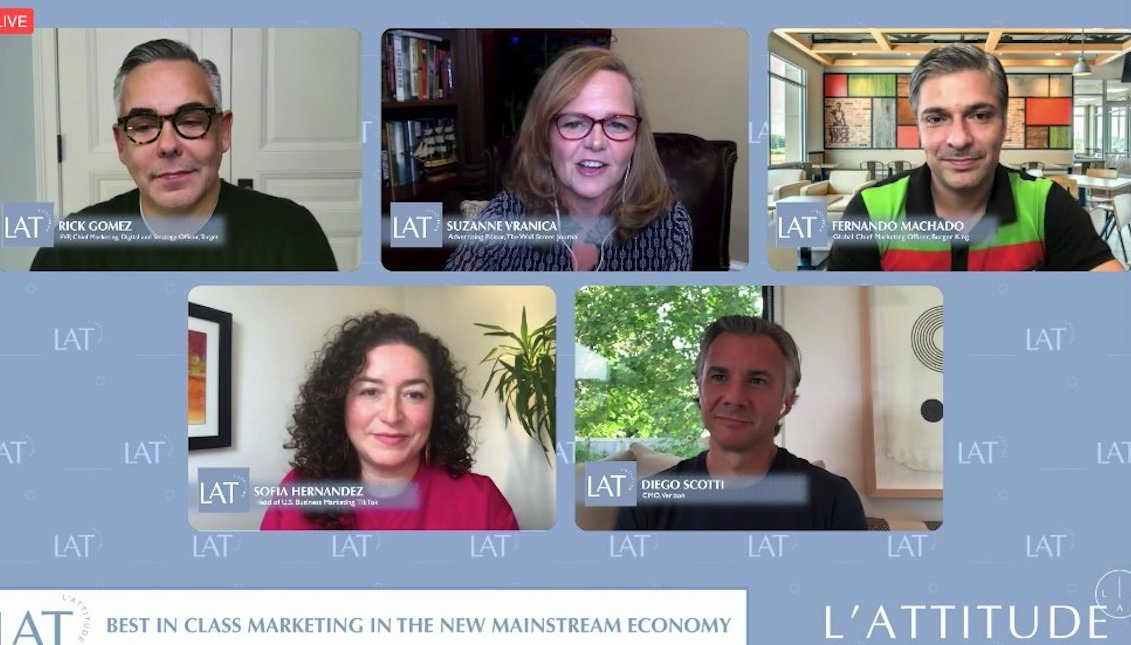
When You Target Latinos, Success Is Guaranteed
Both Verizon and Target started marketing campaigns for the Hispanic segment, and both saw significant financial success as a result.
Two major brands saw their fortunes improve after focusing on the Hispanic market, according to their CEOs, and they wanted to share their experiences during the L’Attitude 2020 virtual edition, a platform showcasing the contributions of U.S. Latinos in every sphere of the country’s development.
During the panel entitled Best in Class Marketing in the New Mainstream Economy and focused on marketing to the Hispanic community, Rick Gomez, the Chief of Marketing at Verizon, and Diego Scotti, the Chief Marketing Officer at Verizon, said marketing campaigns geared toward the Hispanic community contributed significantly to their companies’ recent growth.
Gomez said that, as recently as 2014, Target was struggling.
“It wasn’t that long ago, I would gosh six years ago, that we really had to look ourselves in the mirror as a company. We weren’t performing as well as we could,” Gomez said. “We had this stereotype of kind of a white suburban soccer mom, two kids, and that’s who our guest was. Certainly, that is an important demographic for us.”
“What had happened is our guest had become increasingly millennial, increasingly multicultural, increasingly urban, and we had lost touch.”
Gomez noted that Target refers to its customers as “guests” because they are a welcoming host.
Gomez said Target invested resources in consumer research, ethnographic studies, and the C-suite went to their customers’ homes.
From the analysis which followed, Gomez said the company approached their customers in a new way.
“I think people realized very quickly that we had to pivot, and a big part of that pivot was a focus on the LatinX community. I mean, they’re incredibly important to us; they’re big; they’re growing, and they are a tip of the spear when it comes to culture. So, for all those reasons, we pivoted, and we’ve been investing to build relationships with the LatinX community, and that has been serving us well.”
CONTENIDO RELACIONADO
Diego Scotti talked about how Verizon has spent the last couple years marketing to Hispanic millennials, a sector that previously rejected their brand.
Suzanne Vranica, the Advertising Editor for The Wall Street Journal and the moderator for the panel, agreed and said, “Verizon actually had an issue reaching Hispanic millennials, significant growth opportunity. That sector didn’t actually see Verizon as a brand it could connect culturally with.”
Scotti added Verizon identified this deficiency and put together a campaign to change perception.
“Today, half of the growth of the company comes from this sector. So, at some point a few years, this became an issue of critical mass: which is like, if we don’t connect with this audience in a way that is meaningful in terms of our product, our message, how do we reach them, we are not going to be successful.”
He said the key breakthrough came when they mainstreamed the Hispanic segment.
“What changed everything for us was to say ‘we’re not going to think about the Hispanic population as a segment; we’re going to bring them right into the mainstream of the work that we’re doing,” Scotti said.
One part of this process was airing a commercial on the 2018 Academy Awards in Spanish.
The advertisement became controversial after Verizon refused to add subtitles, but as Scotti noted, that ad was one of the most successful Verizon ran.


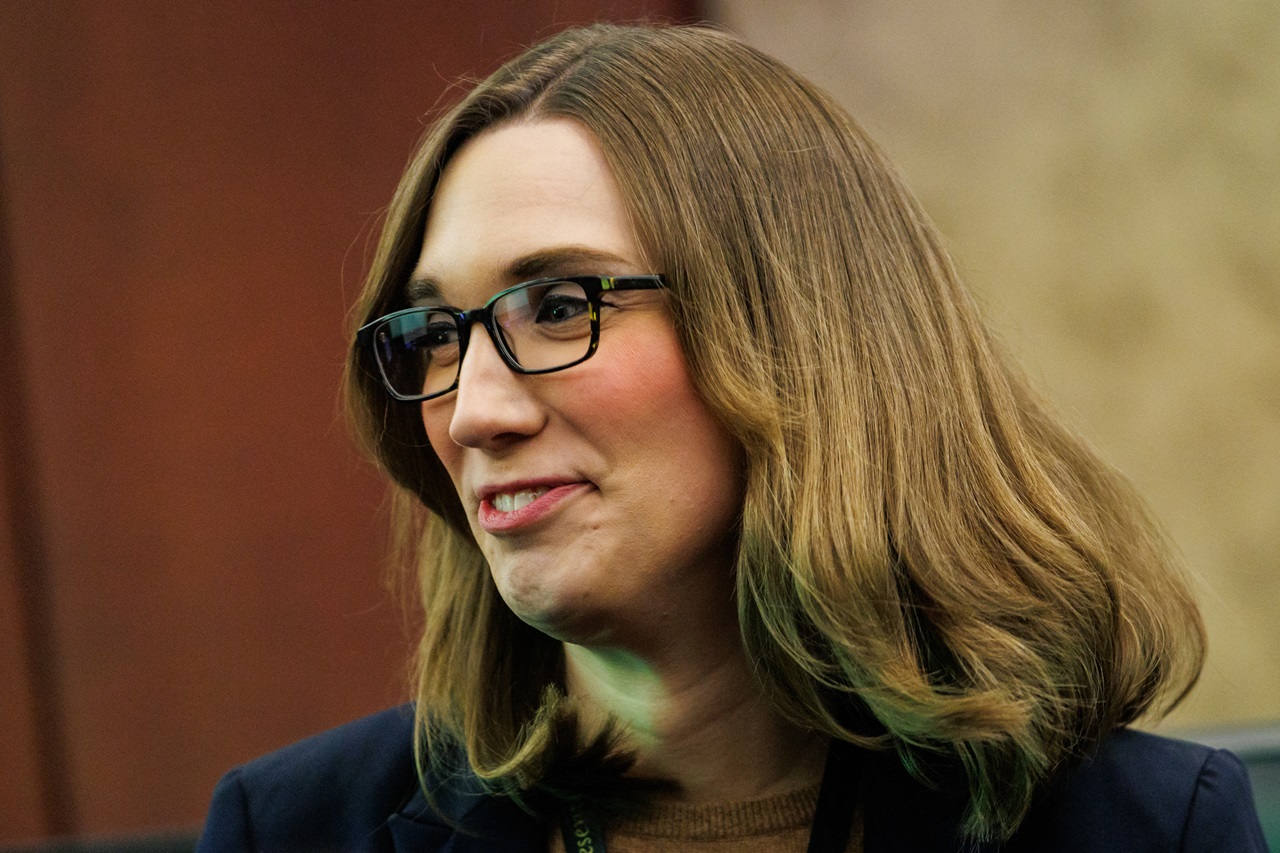


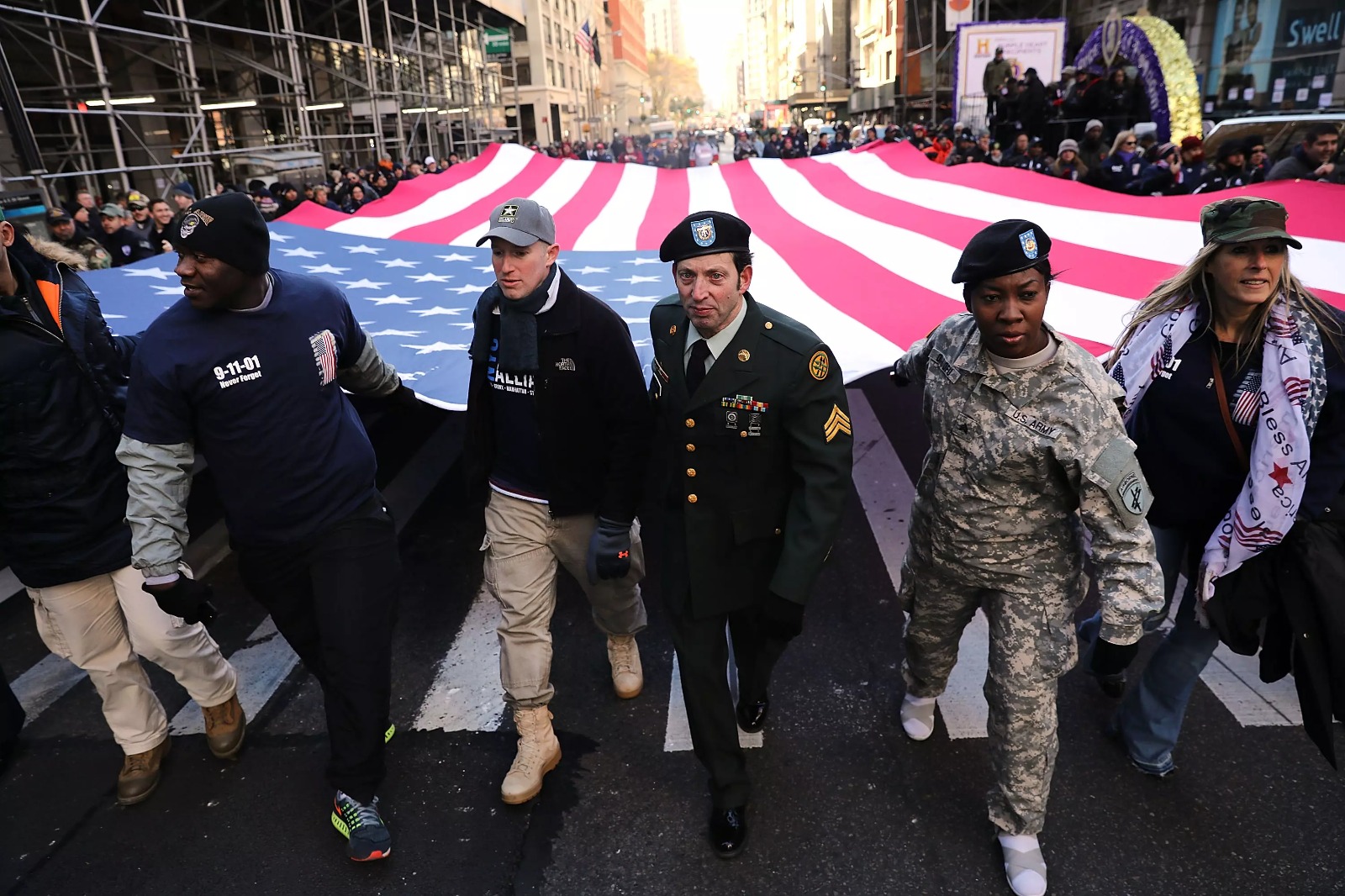
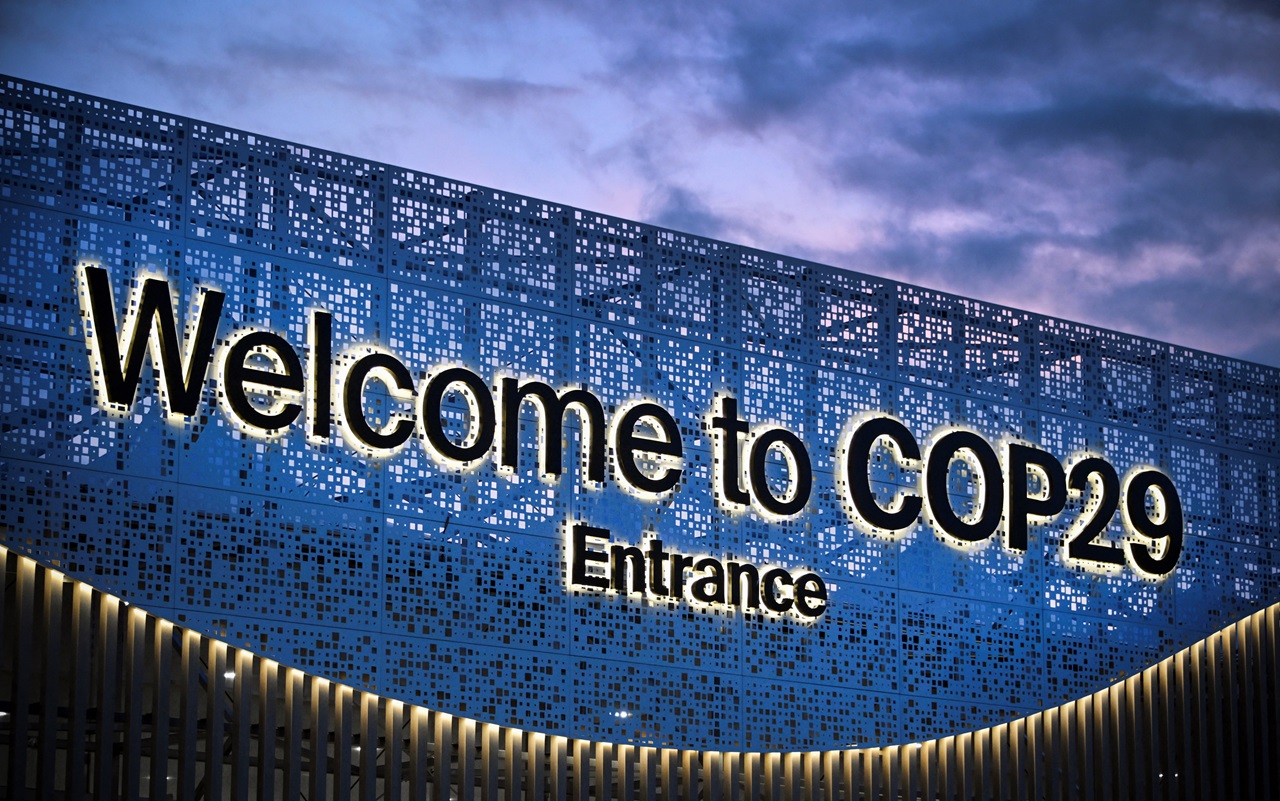


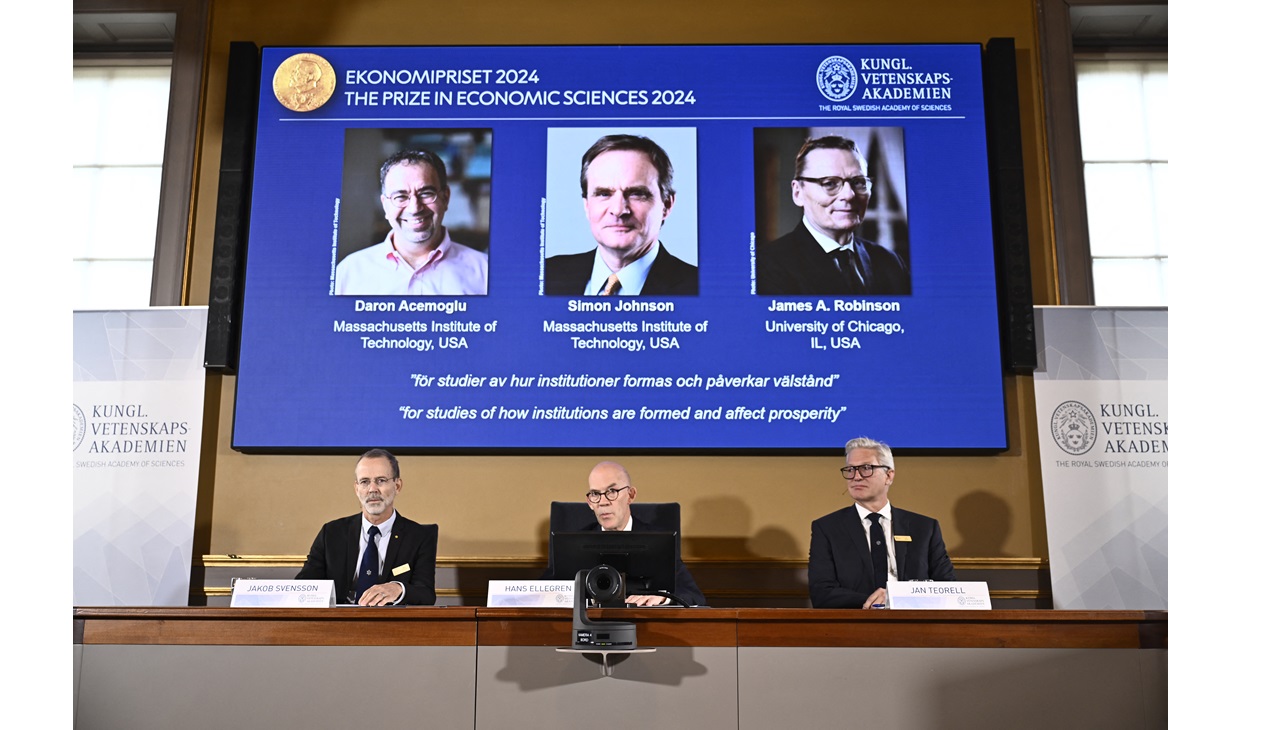
DEJE UN COMENTARIO:
¡Únete a la discusión! Deja un comentario.